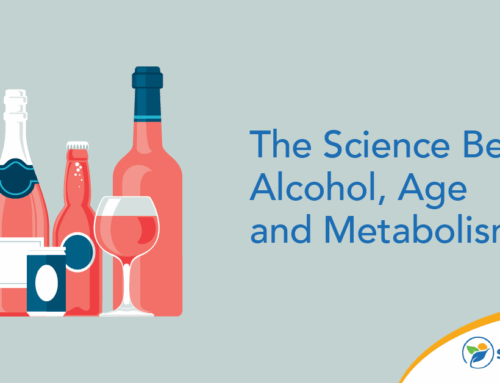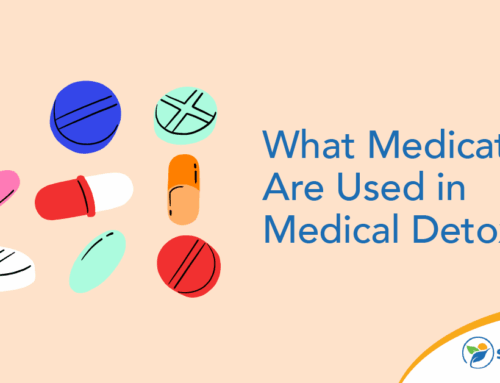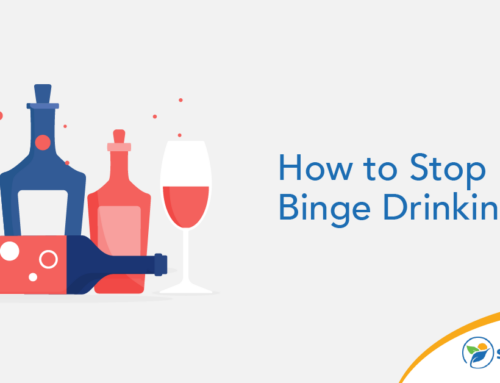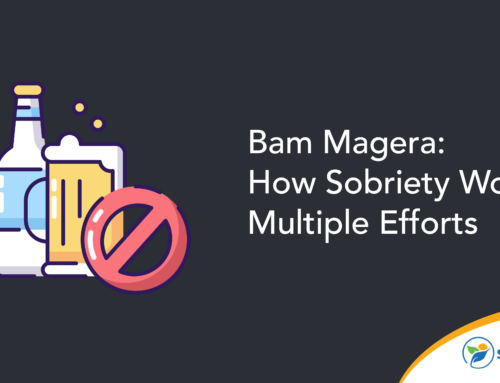Whether you’re drinking alcohol, dealing with a hangover or in recovery, alcohol has the potential to make you tired. If you’re feeling tired after quitting drinking, you might be wondering why, especially because you’ve done this to help yourself be healthier.
There’s no simple answer, but there are a few reasons you might be tired. Alcohol withdrawal fatigue is one potential cause if you’re feeling tired after quitting drinking, but there may be others as well. Learning more about the symptoms of withdrawal and the common causes of fatigue may help you overcome them so you can feel better sooner while you’re in recovery.
Quitting Alcohol: How Hard Is It?
Like other substances that can lead to addiction, alcohol is difficult to quit. This is reflected in the fact that around 17 million American adults have an alcohol use disorder.
How difficult quitting will be will depend on who you’re working with and the treatment options you have open to you, how long you’ve been drinking and the amount of alcohol you regularly drink.
Remember that alcohol changes the brain. It stimulates the release of dopamine, a neurotransmitter in the brain’s “reward system.” It may make you feel good when you drink, but that chemical’s release is also altering the way you look at alcohol and how much you may crave it in the future.
After drinking for a long time or heavily, another change happens in the brain. Even with the release of dopamine, you may not feel as good as before. That lack of positive energy is often related to the development of a tolerance, which then requires a larger amount of alcohol to trigger the same feel-good emotions. This is also the time when you’re most likely to get addicted, at least psychologically, to alcohol.
The third change in the brain happens only after repeated exposure. Once your brain is used to alcohol, it starts increasing the release of glutamate, which makes you feel excited when you think about or use alcohol. Interestingly, even when you’re not drinking, your brain may stay in that excited state and cause symptoms like insomnia or anxiety. The brain seeks out alcohol as a way to suppress those symptoms through its depressive effects.
For long-term drinkers, it can be hard to quit with all these factors at play. However, there are ways to help overcome addiction, such as by going through alcohol detoxification and treatment to encourage sobriety.
How Does Quitting Alcohol Affect the Body?
When you quit drinking alcohol, you should expect withdrawal symptoms. For many long-term or heavy drinkers, it’s advisable to seek treatment before quitting, because withdrawal can be potentially dangerous or life-threatening.
Some of the symptoms you may feel when quitting include:
- Vomiting
- Shaky hands/tremors
- Nausea after quitting drinking
- Intense anxiety
- A racing pulse
In severe cases, there’s a risk of delirium tremens, which can lead to life-threatening seizures and hallucinations.
It’s typical to feel tired during withdrawal because your body is going through major changes. Extreme fatigue is completely normal, but your treatment team may be able to help by prescribing medications or helping with a nutritional plan to keep your energy levels up and your symptoms under control.
Since alcohol disrupts the circadian pattern of sleep, you’ll need to give your body time to get back on its normal schedule. By month three, most people see themselves sleeping better than before. However, you should realize that the fatigue that comes with alcohol withdrawal can last anywhere from a few weeks to 12 months, depending on how long and how much you’ve been drinking. During that time, focus on getting more sleep whenever you can and eating well.
Why You Might Think Alcohol Is the Answer While Quitting
It’s no secret that alcohol is a depressant and can help you fall asleep, but that’s where its benefits stop. As someone who’s been drinking for a long time or in large quantities, you need to avoid relapsing. While it might seem like a small amount of alcohol could help stop the withdrawal symptoms, drinking during recovery actually sets you back and hinders your progress.
Tips for Managing Fatigue After Quitting Alcohol
Fatigue and alcohol withdrawal are unfortunately linked, but there are some things you can do to keep them under control. Some simple tips to help beat fatigue include:
- Eating a balanced diet, which should include fruits, vegetables, proteins and fats
- Taking a multivitamin to help replenish any vitamins your body lacks
- Drinking water regularly to help flush alcohol from your body
- Exercising, even just lightly
- Getting enough rest (7-9 hours per night for adults)
By doing these things, you’re setting yourself up for success during recovery. While you may be tired at first, you should start to see improvements over time as the symptoms of withdrawal abate.
Treatment Can Help You Recover From Feeling Tired After Quitting Drinking
It’s always a good idea to reach out to get help if you want to quit drinking, because cessation has the potential to be dangerous. It’s not typically advised to quit cold turkey (stopping all alcohol use immediately) because of the risk of delirium tremens and severe alcohol withdrawal symptoms.
There are different stages of treatment to help. You can go through a detoxification process to get off alcohol safely and then enter a treatment program to focus on the psychological addiction and learning how to maintain sobriety.
Fortunately, alcohol abuse treatment is typically covered by insurance, meaning you can probably get the help you need affordably.
Reach Out to Sunlight Recovery for Support
At Sunlight Recovery, we know that overcoming the challenges of addiction can be difficult. Even when you do, there may be long-term symptoms that negatively affect your health and make you wonder if you’ve made the right decision. We’re here to help guide you to sobriety so you can get healthy and get back to your life. Call us today to learn more about how we can help and get on the path to healthier living.







